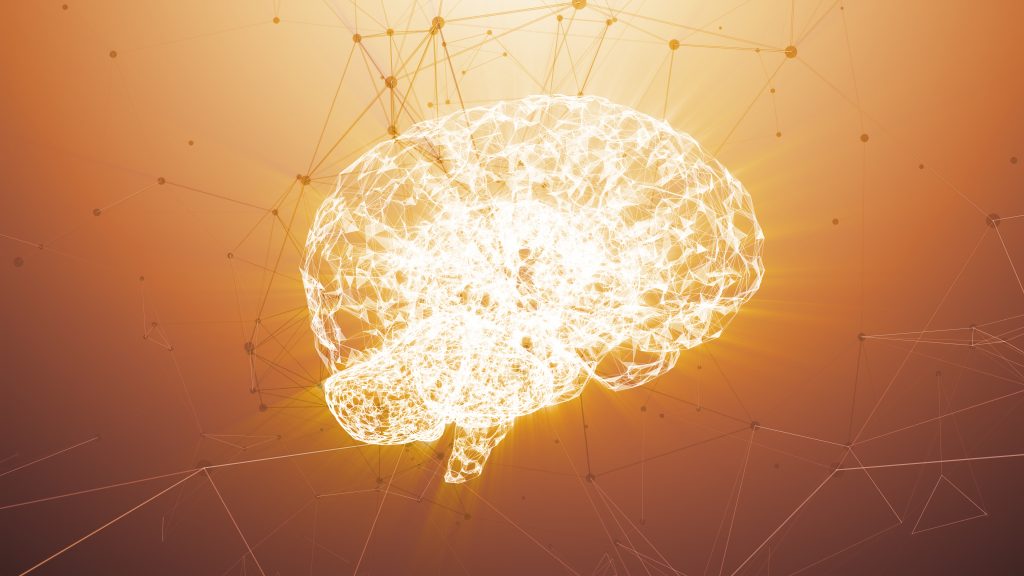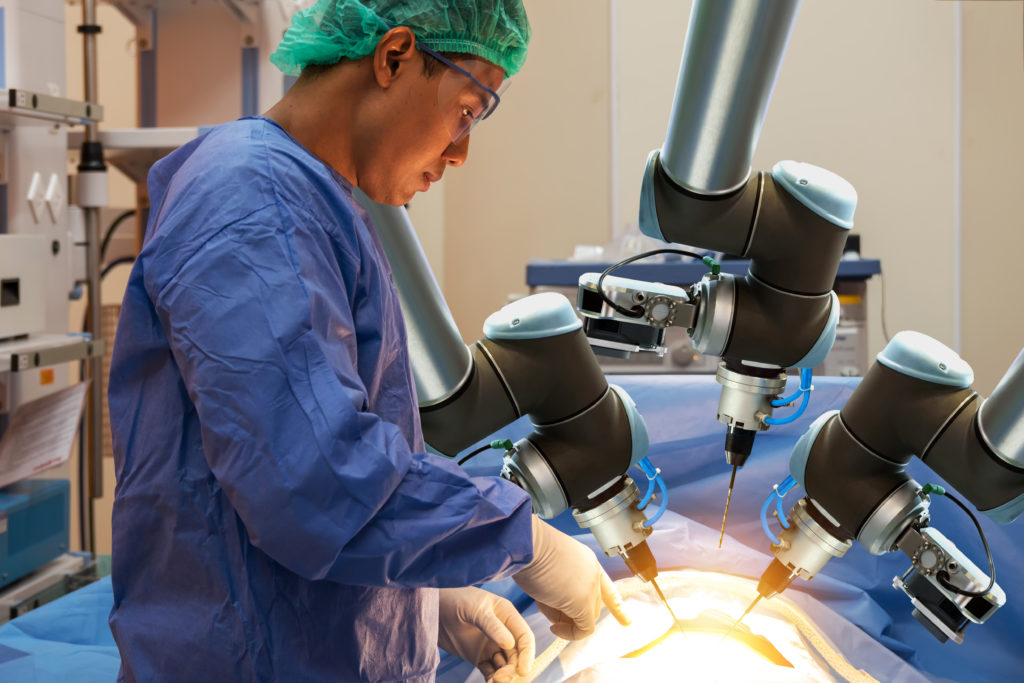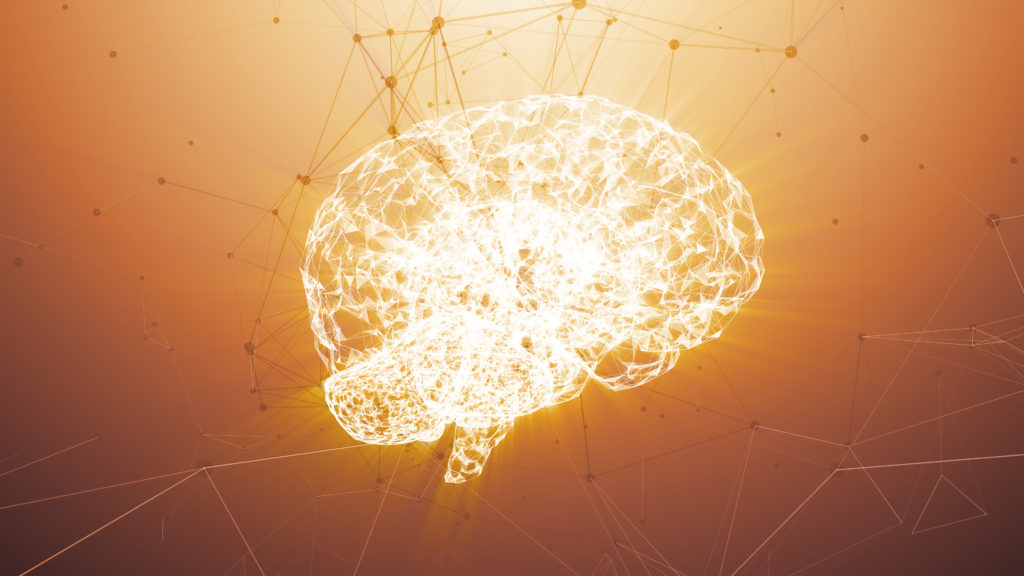Patents & Machine Learning
Whether your concept relates to AI algorithms, training sets or models, or the use of AI as a tool, we can help you secure the best future for your innovation

Recent years have seen renewed interest in the world of artificial intelligence and machine learning. Modern tools have moved machine learning from academic niches to the masses. AI/ML is being used today in fields as diverse as drug discovery, immunotherapy, automotive, finance, telecommunications and manufacturing — the fields are too extensive to feasibly list.
Our AI in healthcare series, here, showed that the increase in patent filings relating to AI technologies has been almost five times greater than the average growth in patent applications across all fields.
Systems of today are increasingly out-performing human experts, not by copying high-performing people but by exploiting the distinctive capabilities of these new tools. It is therefore natural that businesses are recognising the value in the intangible assets that AI/ML creates such as trained models and training datasets. Finding the right advisor is important as businesses try to understand not only whether or not an idea can be protected, but whether or not it should be, and the value of doing so.
Are inventions involving ML patentable?
Generally when it comes to AI/ML, ideas can be separated into different types, for example inventions on AI (‘Core AI’), inventions using AI as a tool, and truly AI-created inventions. Most inventions will fall into the second bucket as the use of machine learning becomes more prevalent.
You do not need to have developed a new type of ML model to meet the requirements of patent protection – applying a known model in a new way or to solve a new problem is the most common type of AI invention that is protected.
When considering whether a concept is patentable, it can be useful to consider three categories of protectable idea, as defined by the EPO:
AI patents: type 1 — ‘Core AI’ These are patents which relate to algorithms, as such. These inventions relate to the design of AI as a tool, rather than its application to a particular problem. These can be difficult to protect but not impossible. However, a good advisor will discuss with you the relative value in trying to protect these ideas and the consequences of doing so. Often teams want to utilise community-based resources such as Hugging Face or publish academically, which has implications for patent protection.
AI patents: type 2 — Generating a training set or training a model The steps of generating a training set may contribute to the technical character of the invention if they support achieving a technical purpose. We see many ideas related to this and it is often a valuable form of protection as it protects the unique selling point of a business concept.
AI patents: type 3 — AI as a tool This type of patent is the use of AI in an applied field, defined by way of technical effects. AI might be claimed as a tool for using a trained model to provide a solution, which yields a technical advantage. The focus here is the outcome of the use of the AI/ML. The outcome of the particular prediction or classification must be used in a technical manner. Machine learning isn’t likely to be patentable just because it is learning (or predicting) something technical. However, how that learning is used will be important.
AI Created Inventions
It is also useful to consider the result of the use of AI/ML. Indeed, this type of patent might not even mention the use of AI/ML even if it was used during development. This is because here the patentable invention is often not the AI itself but instead the invention that the AI helped to make. A good example is in the field of drug discovery using AI — here the drug that has been discovered is most likely where patenting efforts might end up being focussed rather than protecting the AI itself.
How can GJE help start-ups and SMEs?
In order to secure the best future for your business you need advice from the right experts on how to develop an IP strategy that fits with your technology and supports your broader business plan. GJE can help you get this right and make sure that your business is in the best possible position for future success.
Whether you are a fledging start-up seeking seed funding, a fast-growth SME scoping Series A or B funding opportunities, or an established company looking to streamline its IP portfolio or secure a lucrative exit, we can help you.
We can help you:
Develop an IP strategy aligned with your business objectives
Protect your innovations, brands and designs
Increase the value of your business
Enhance your attractiveness to investors
Create and maintain a competitive advantage by establishing barriers to market entry
Manage your IP portfolio and ensure cost efficiency
Appoint, train and oversee your IP steering committee
Regularly review your IP strategy to ensure it remains aligned with your commercial objectives.
We have developed packages to help you achieve these objectives. Our advice helps business owners – at whatever stage of their lifecycle – maximise the commercial value of their intellectual property. Find out more here.
How can GJE help advisors and corporates?
As AI/ML becomes integrated into different fields, advisors are finding themselves having to up-skill to ensure they are able to properly advise applicants. AI/ML is no longer confined to the fields of mathematics, statistics and computer science. Advisors must be able to identify the relevant issues so that they know when to seek specialist advice.
Our AI & IP ‘Primer’ sets out some useful guidance points for practitioners, regardless of their technical background. We hope it is relevant for both machine learning experts as well as complete novices.
GJE can provide specialist advice on existing patent applications being filed into Europe as well as how to protect innovations in Europe and around the world. Our Computer Technology team is on hand to help you navigate this complexity.
Explore Computer Technology & AI
Explore Computer Technology & AI
Download Resources
Our AI & IP ‘Primer’ sets out some helpful guidance for machine learning experts, as well as complete novices. You may also wish to read our more general IP guide for startups, developing an IP strategy and some further information about our specialist computer technology team.
Related resources

Another Blow to DABUS as Patent Offices Reject AI as Inventors
Artificial intelligence (AI) stands as a powerful tool undergoing rapid progression and adoption at the forefront of research...

The Law of Unintended (or Intended) Consequences — The Impact of the Legal Developments on Simulations on Machine Learning
Recent attempts to clarify the EPO’s approach to examining machine learning applications have arguably been missing an important...

“You can’t patent algorithms” – A Guide to Identifying and Protecting AI Inventions in Healthcare
Part two Part three AI & IP Series This is the first of a series of articles directed...

IP Strategies for AI Innovators in Healthcare
AI & IP Series This is the second in a series of three articles directed at all innovators...

AI and Sufficiency – How Much Should Be Disclosed?
It is well appreciated in the field of Artificial Intelligence and Machine Learning that high quality training data...

UK Court of Appeal Reaches a Decision on AI Inventor Case
On 21 September the UK Court of Appeal handed down their judgment in the DABUS case, relating to...